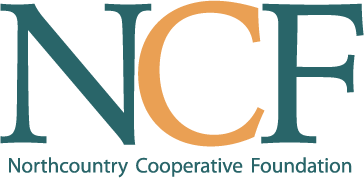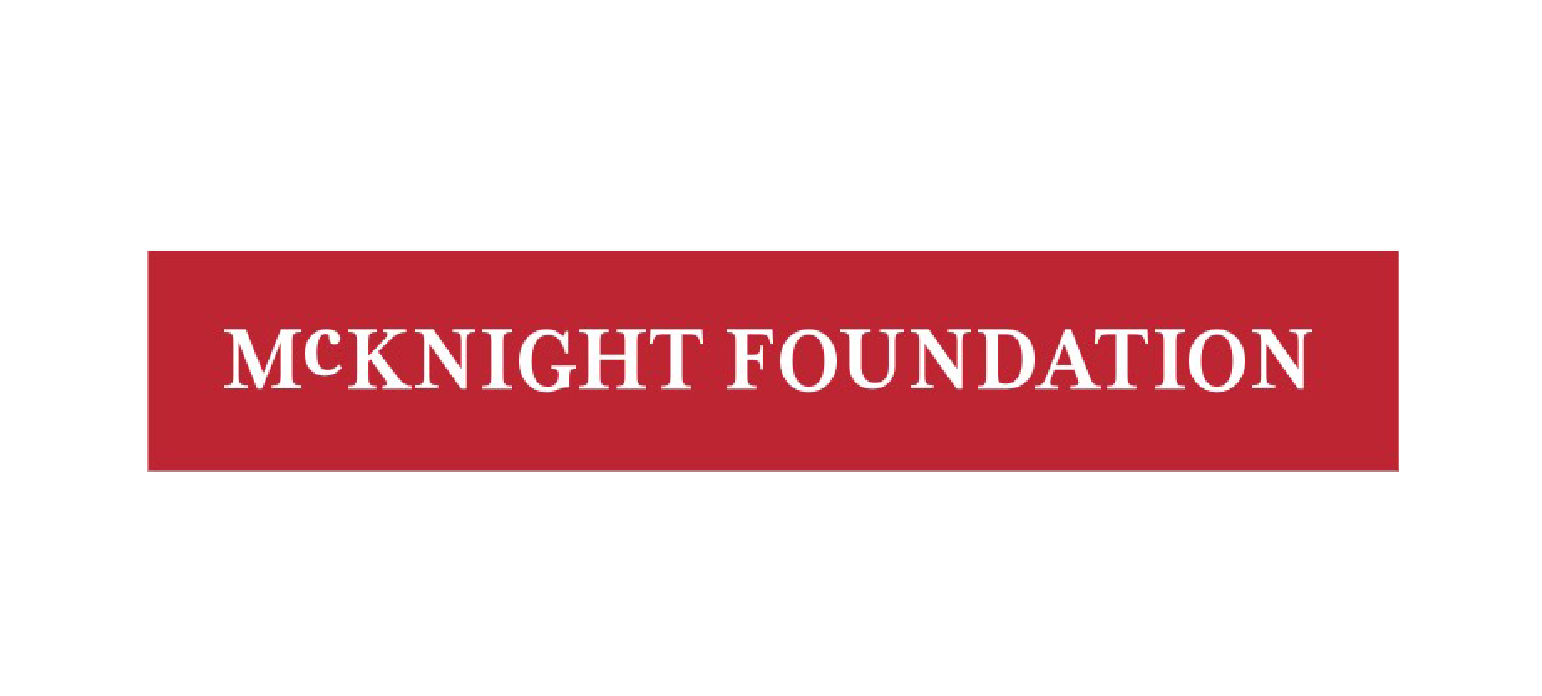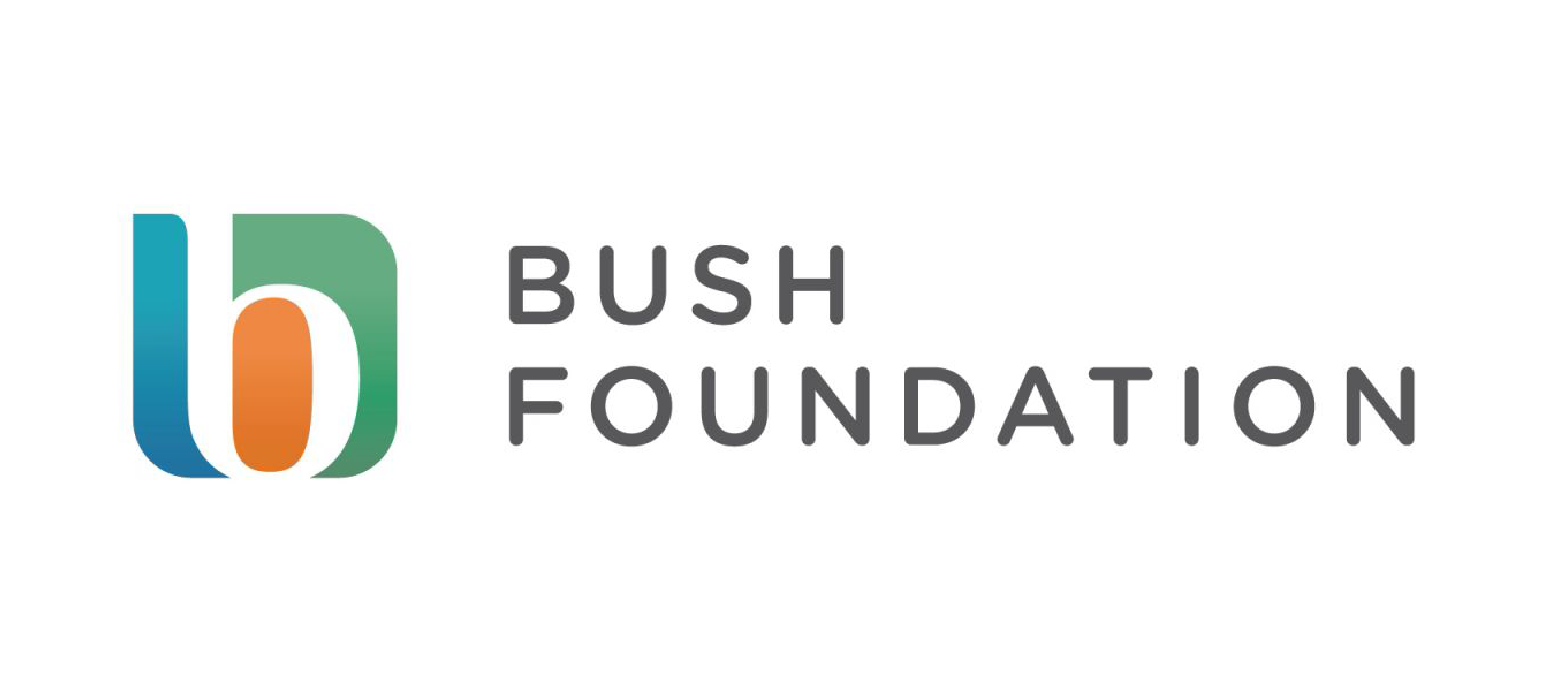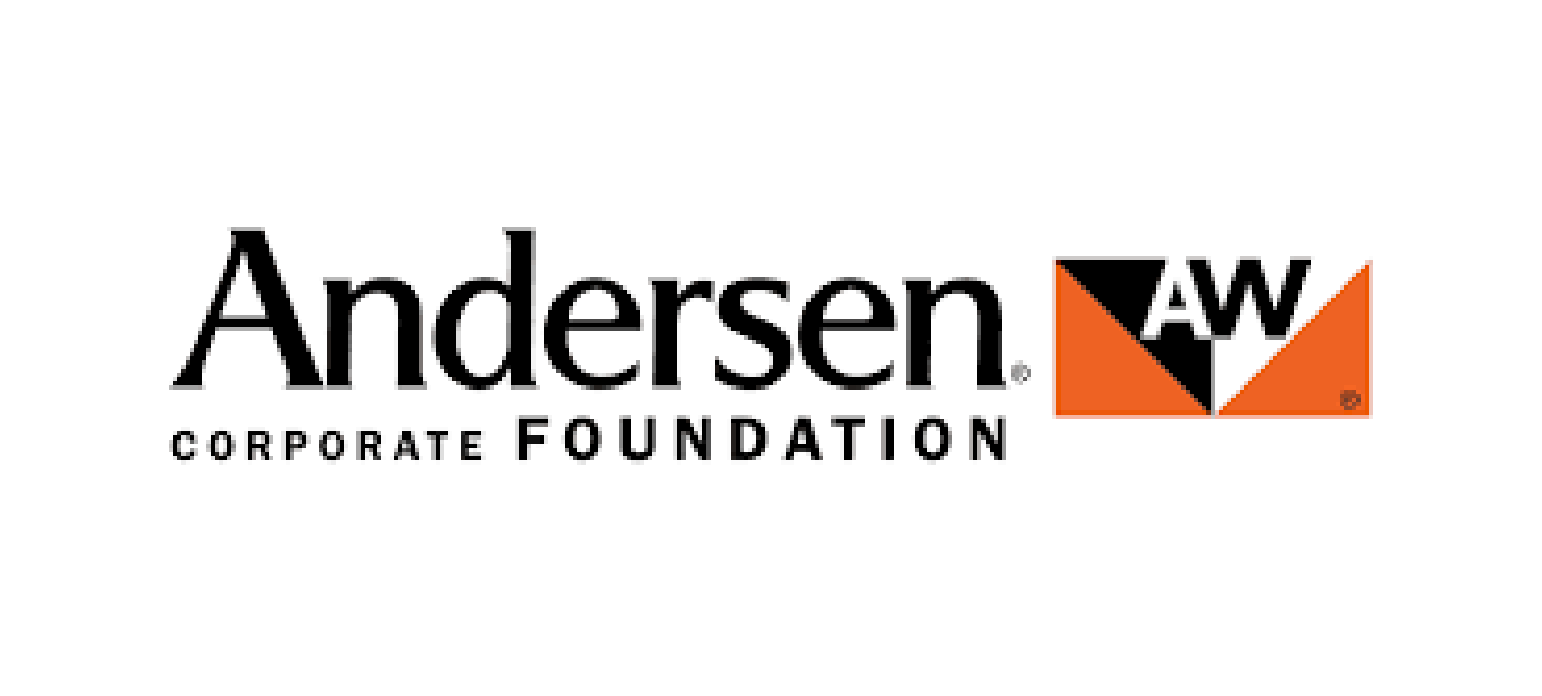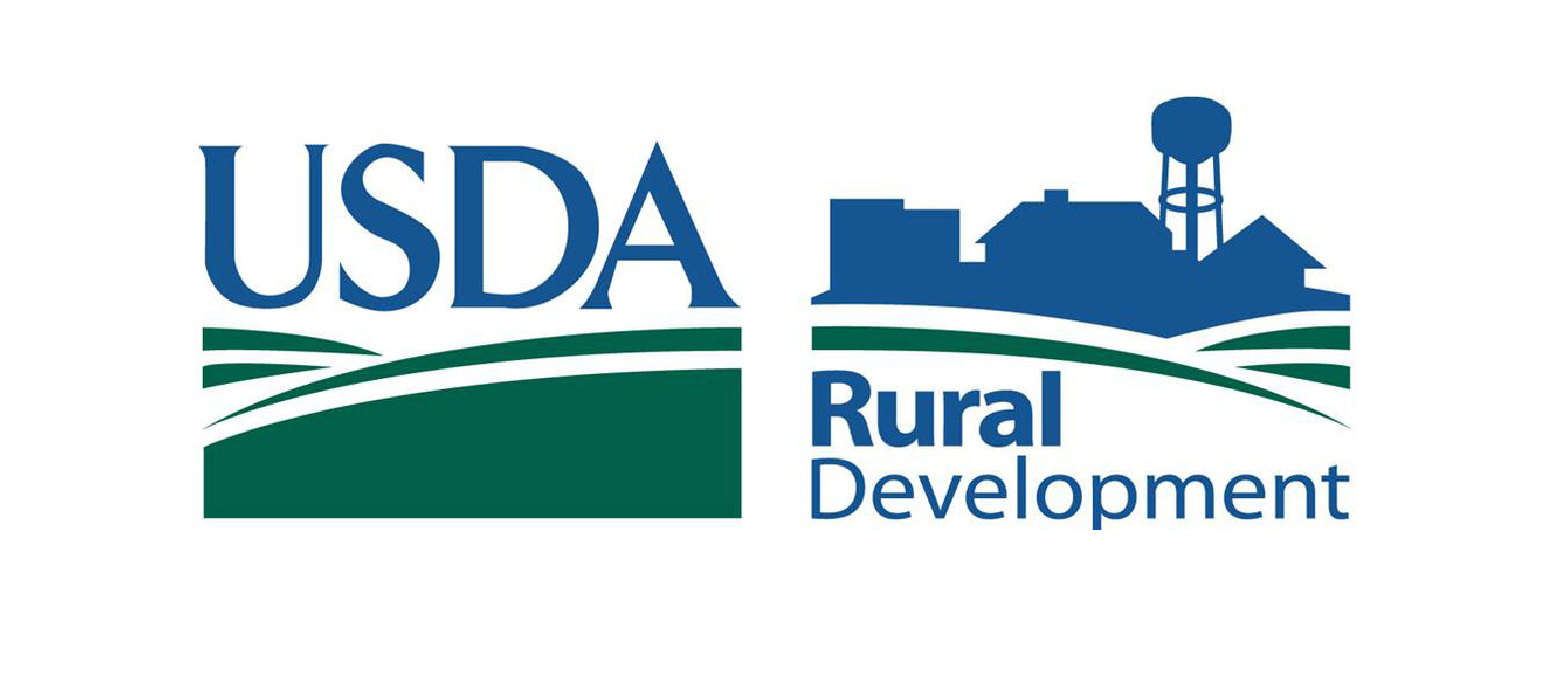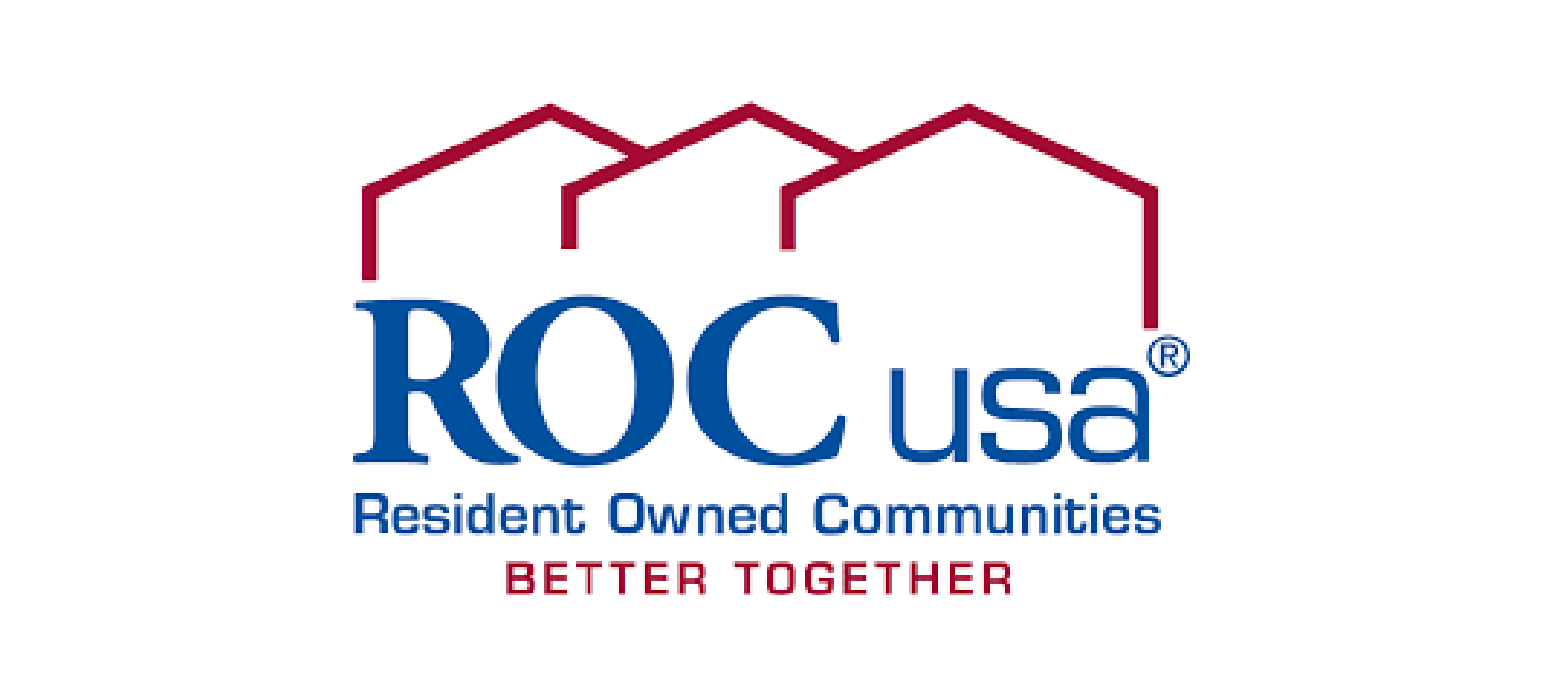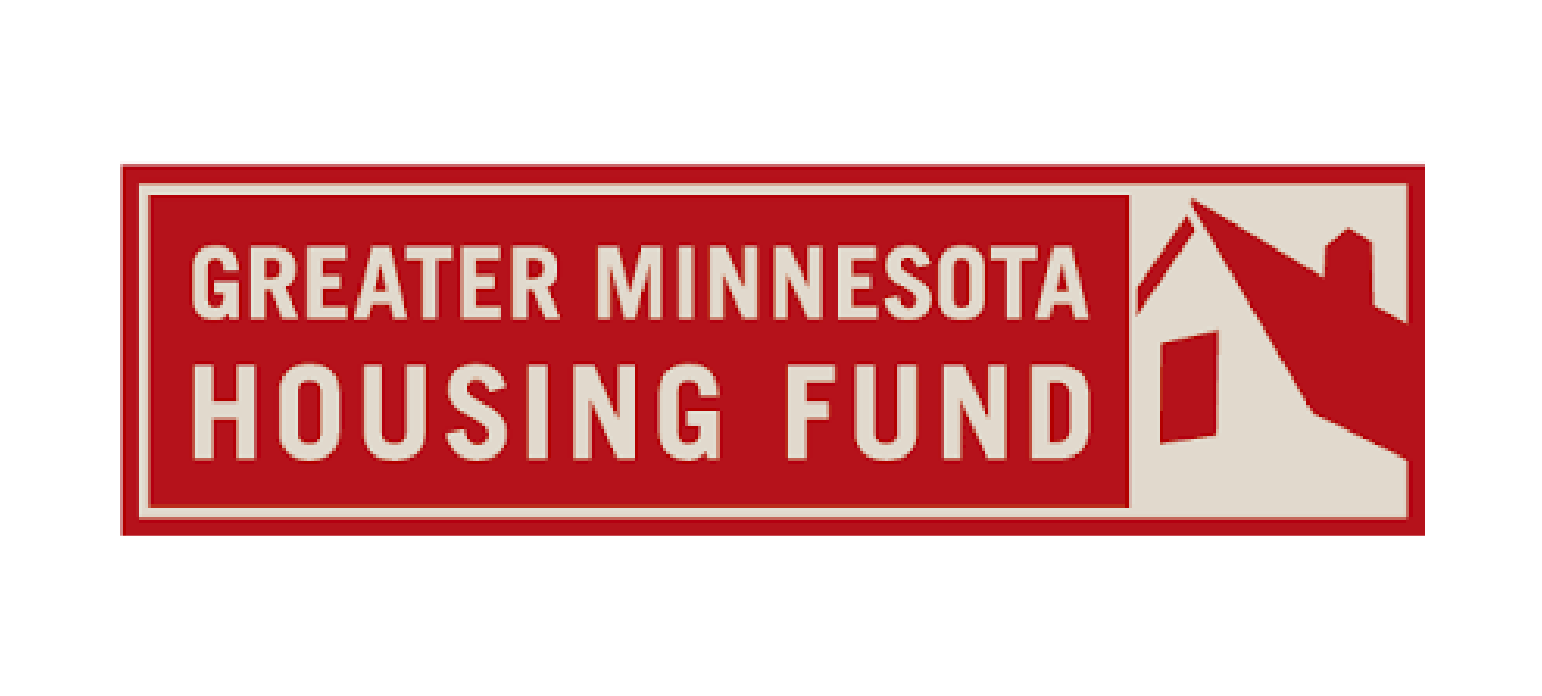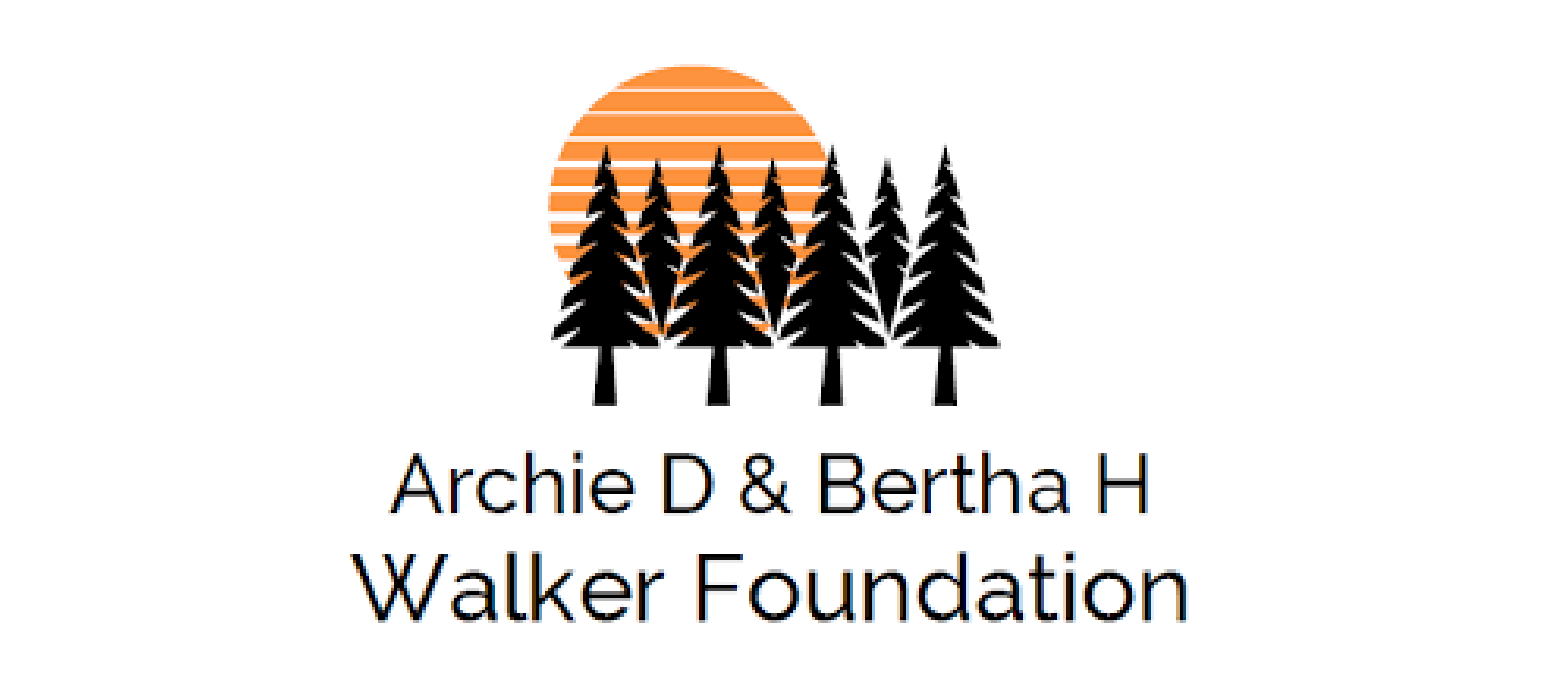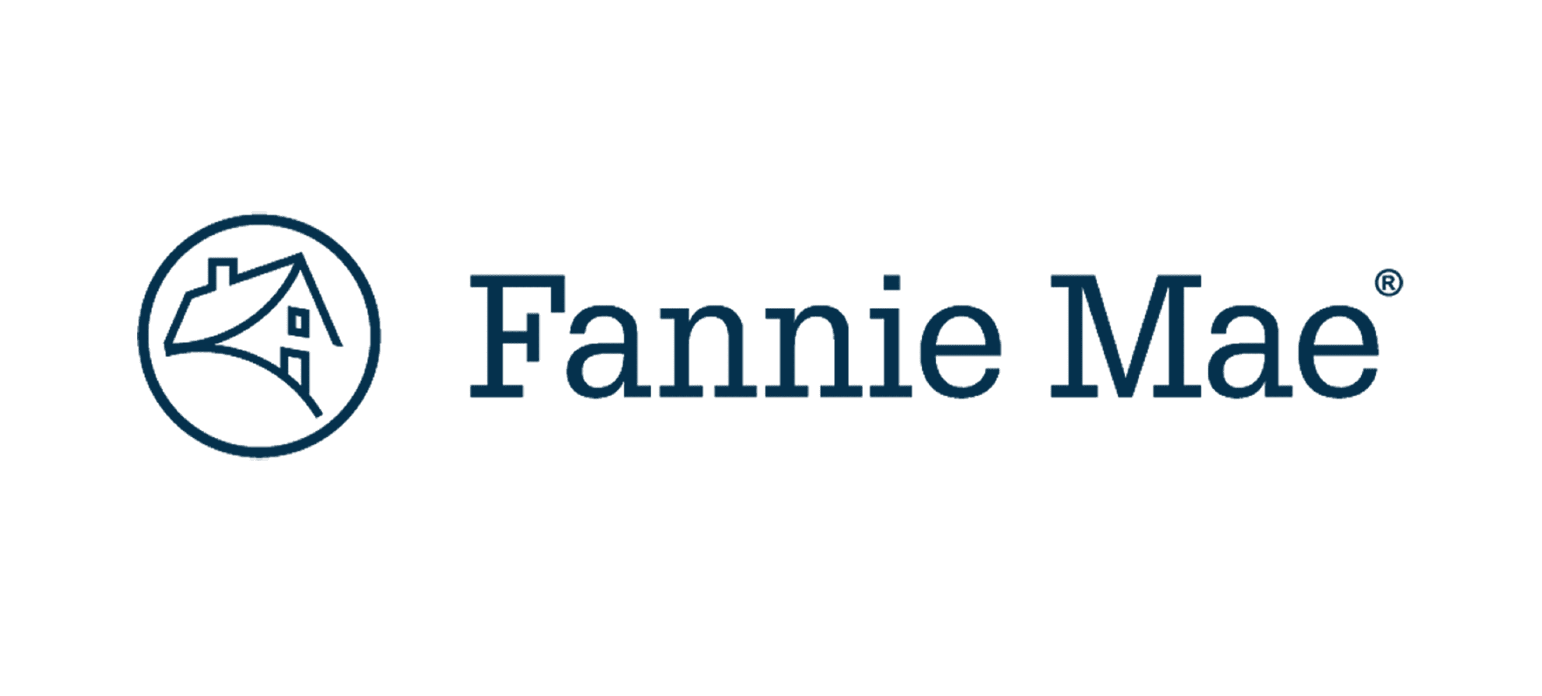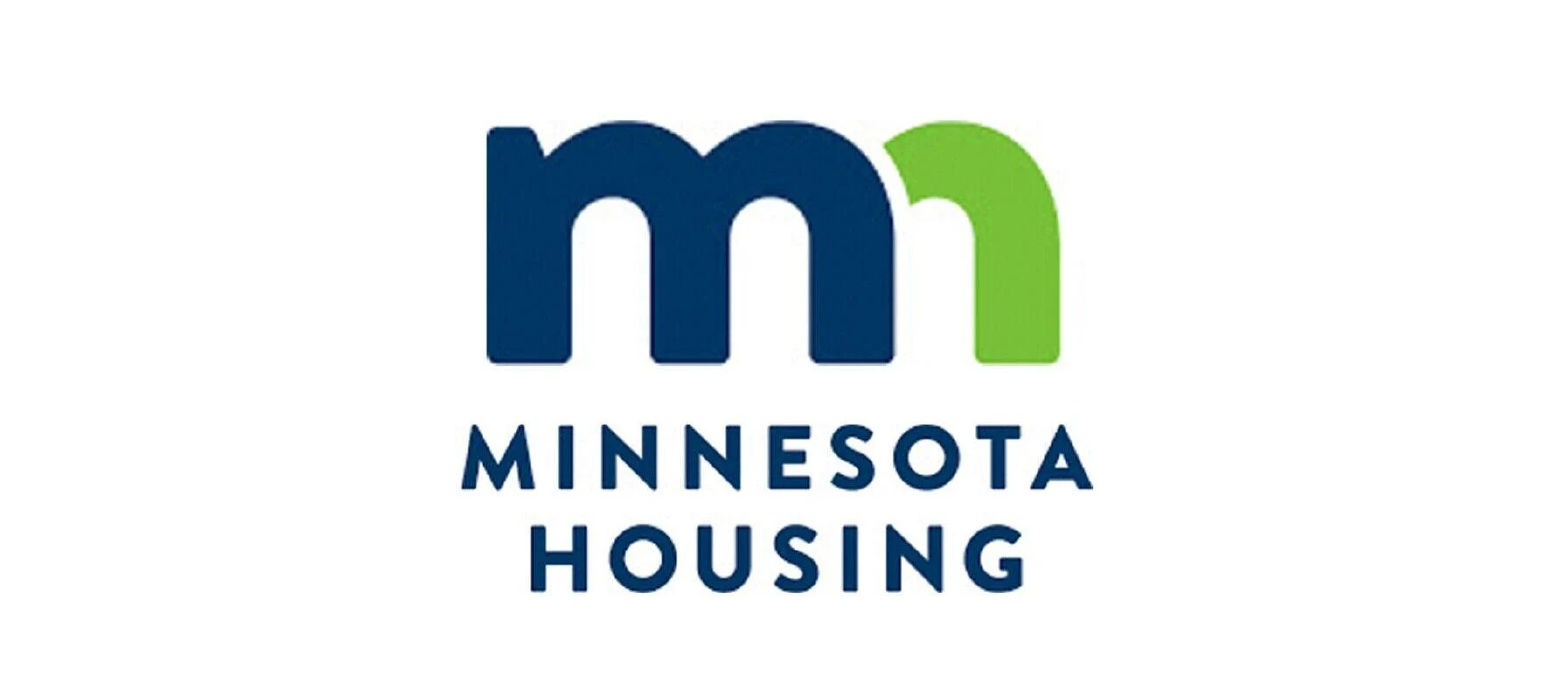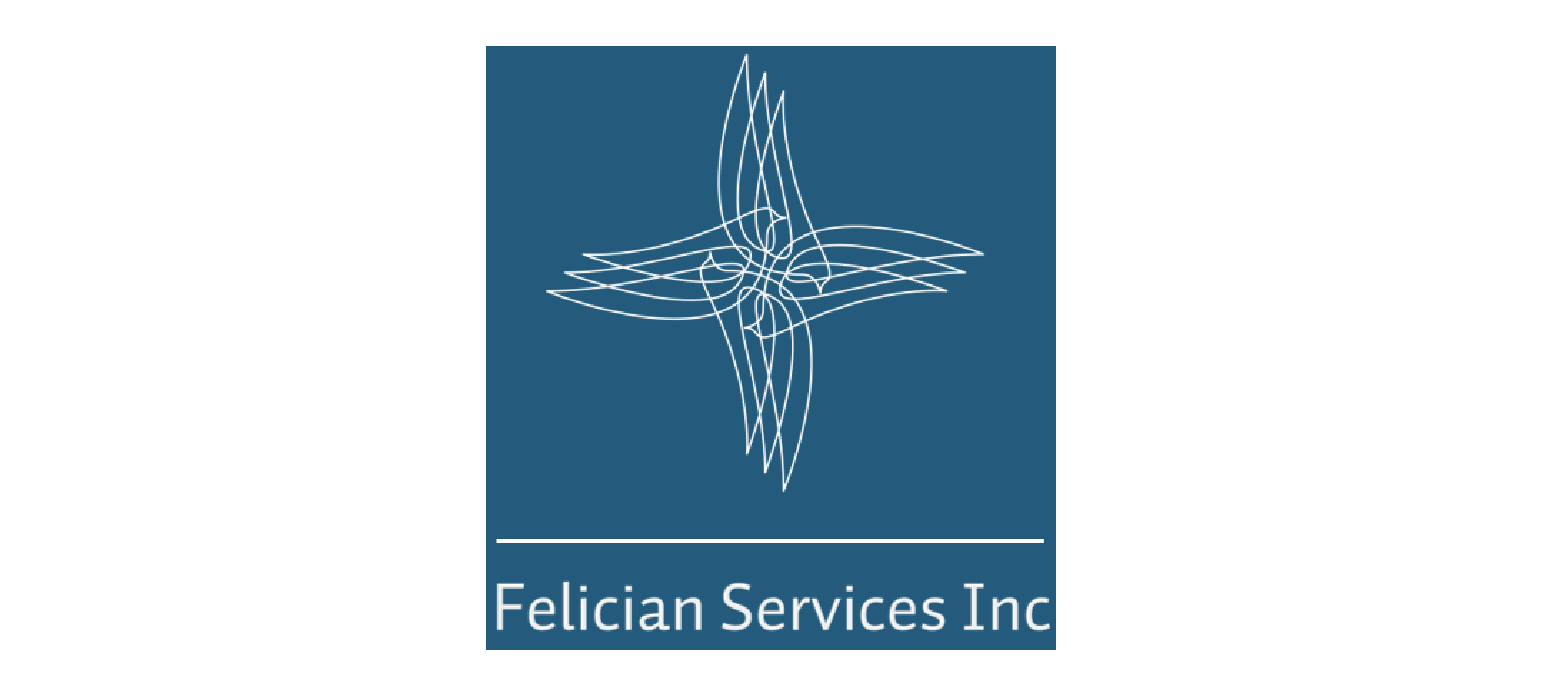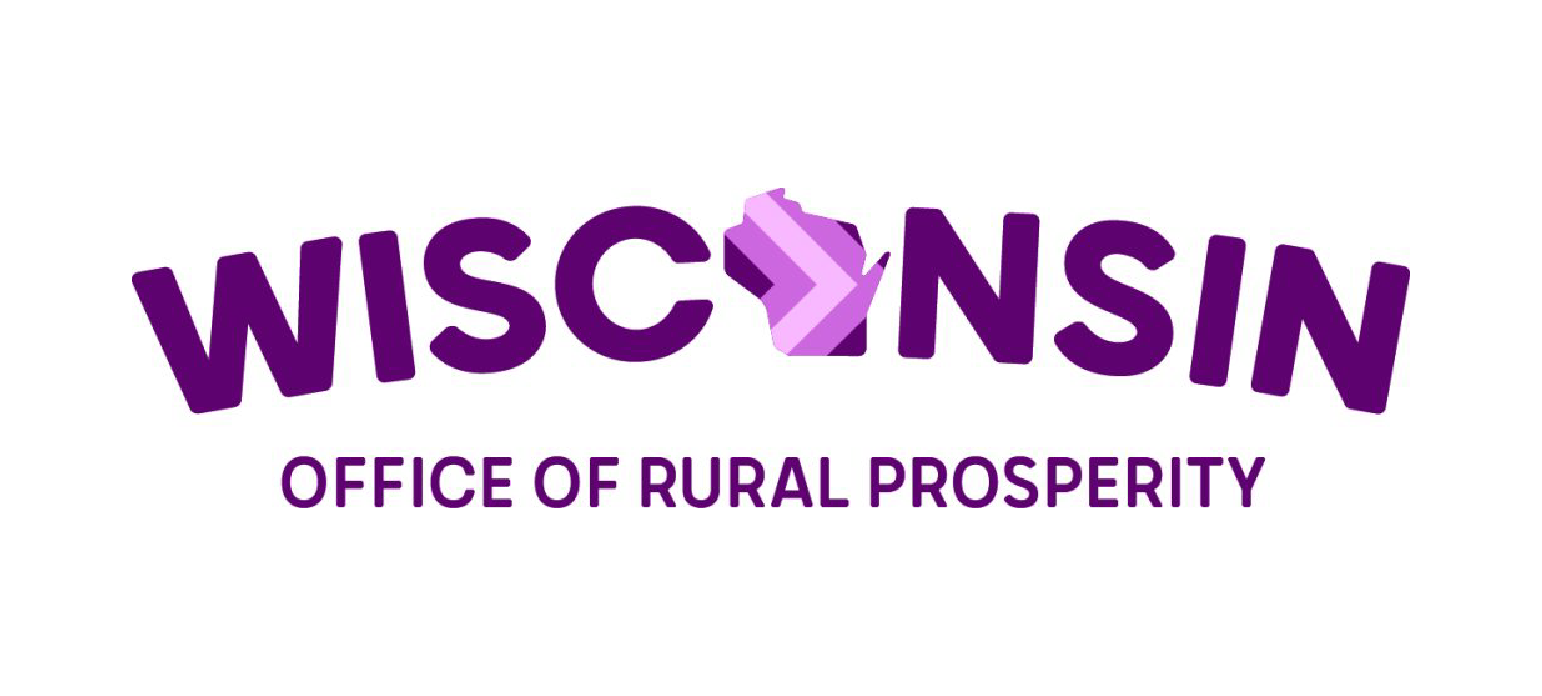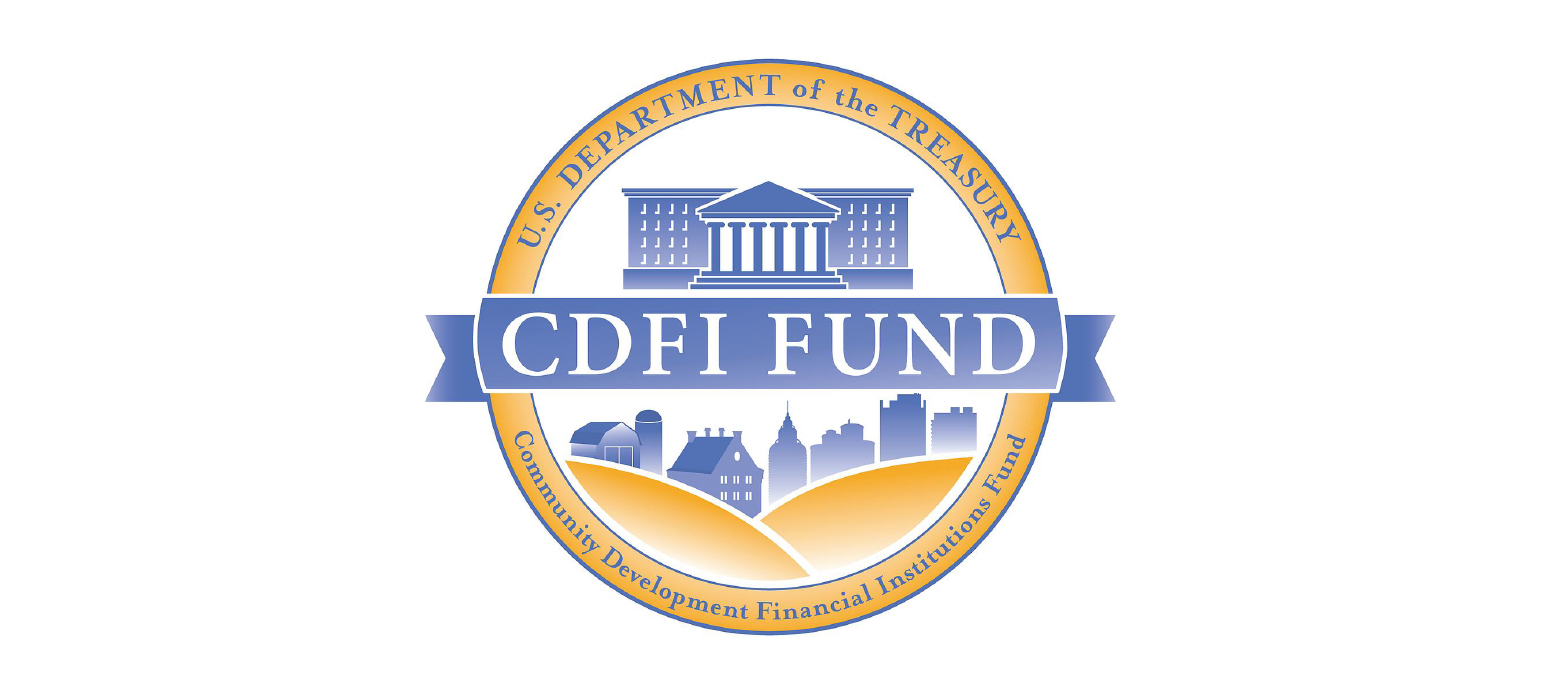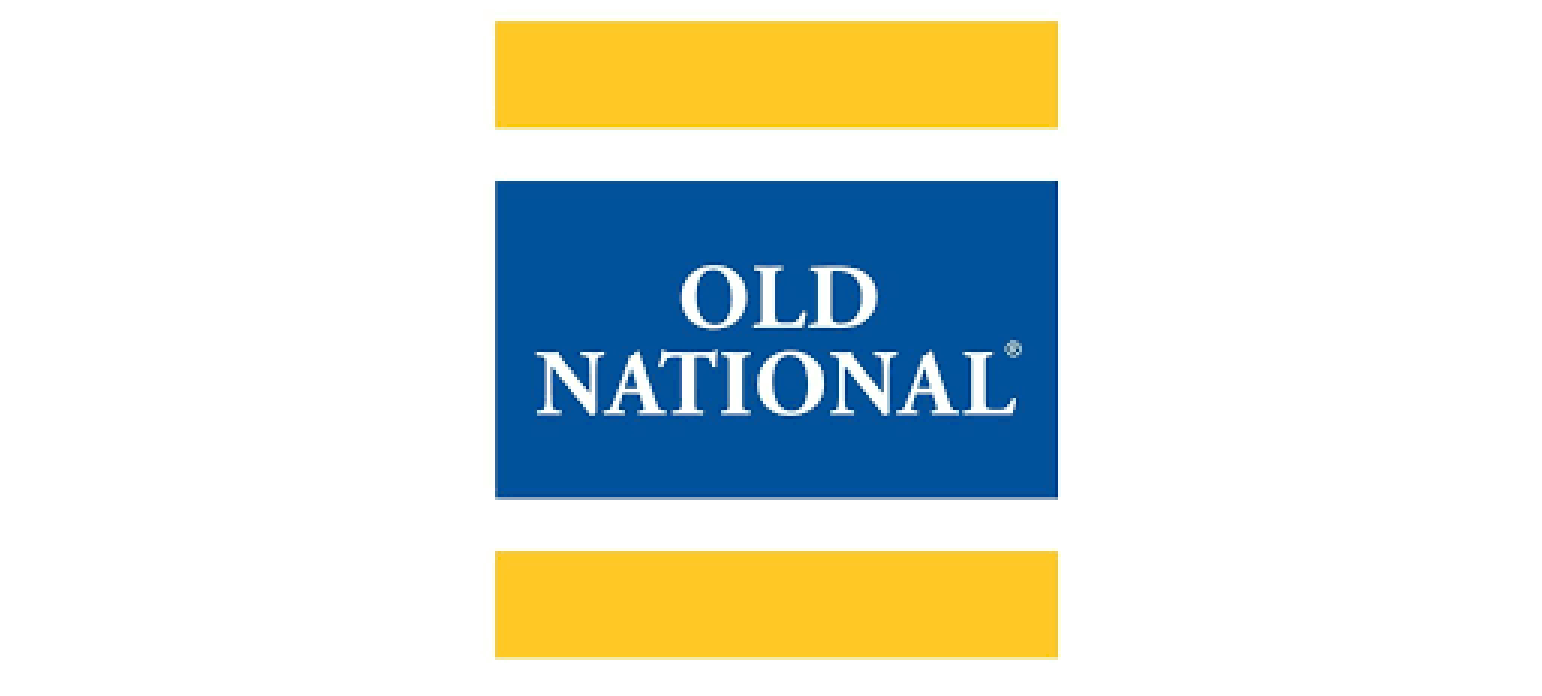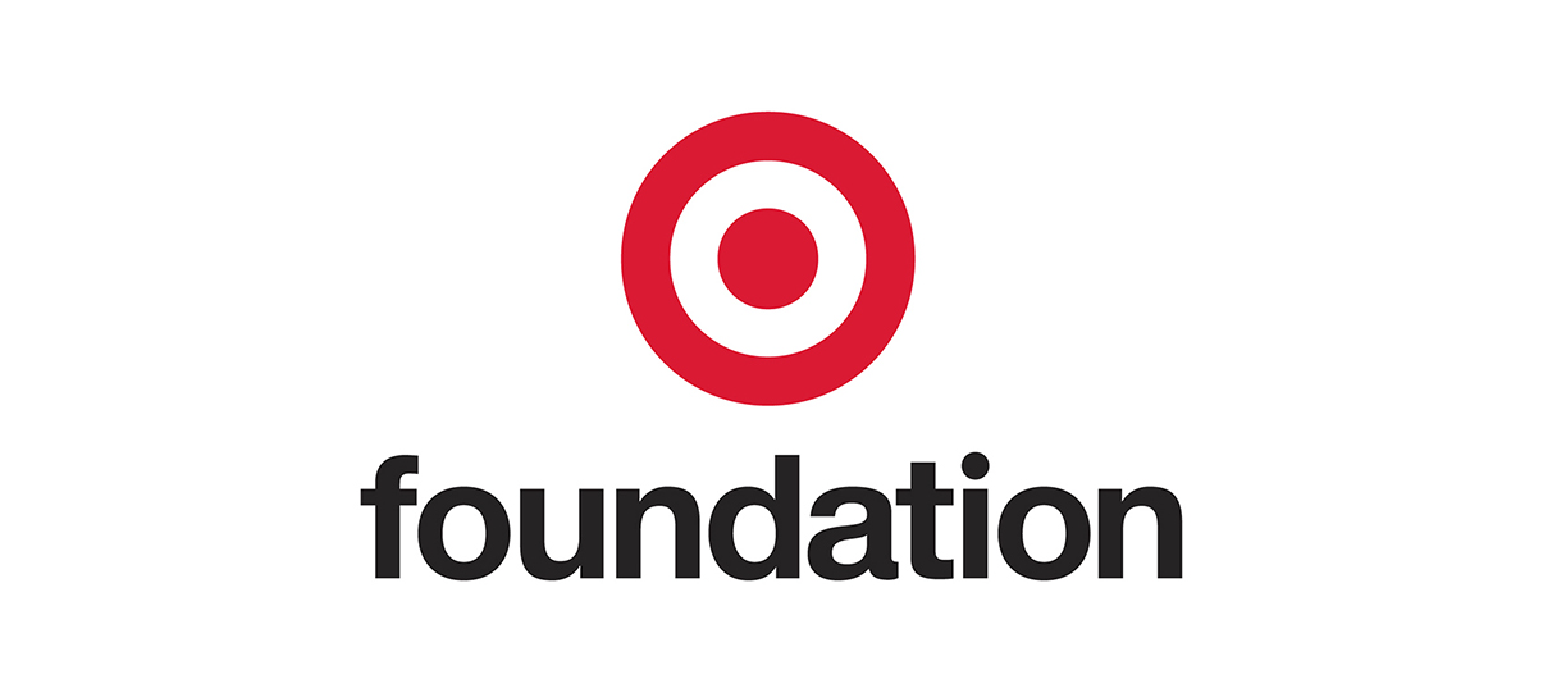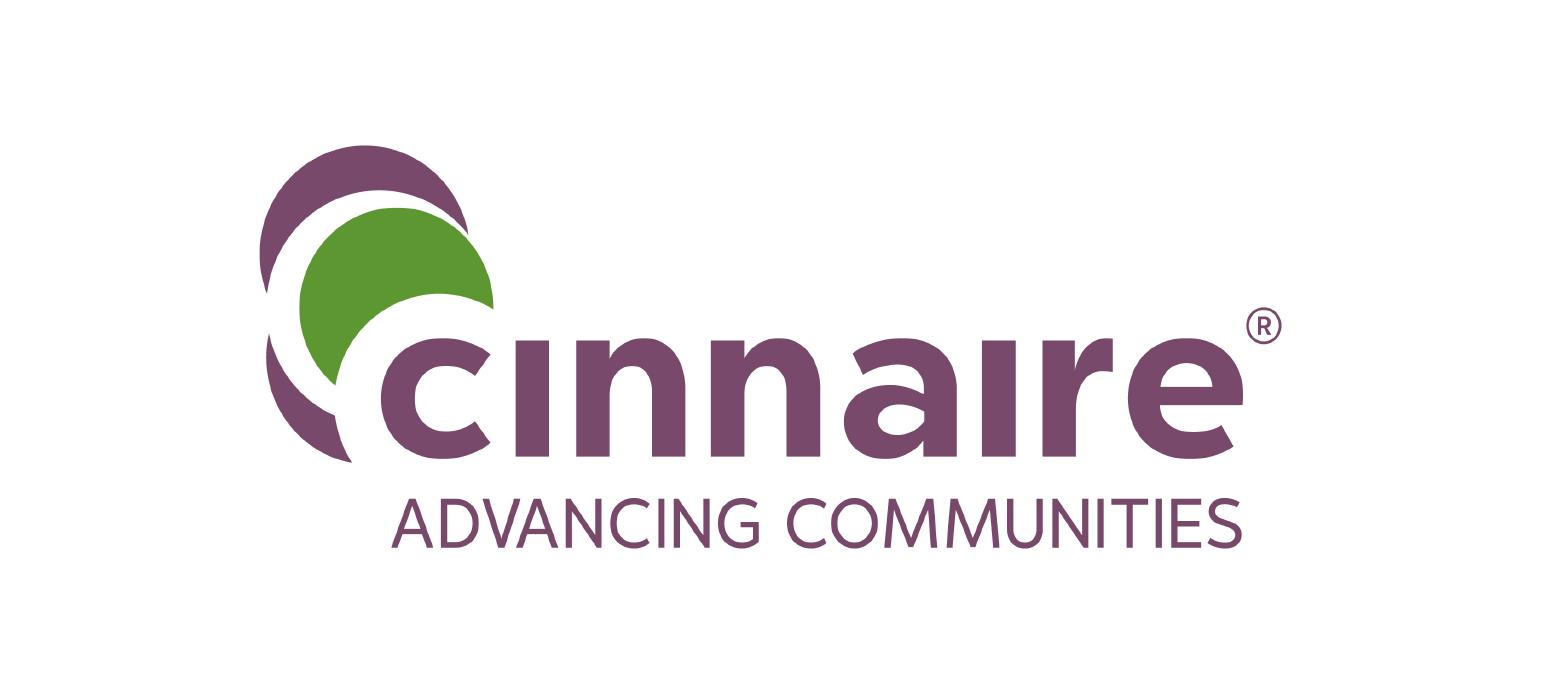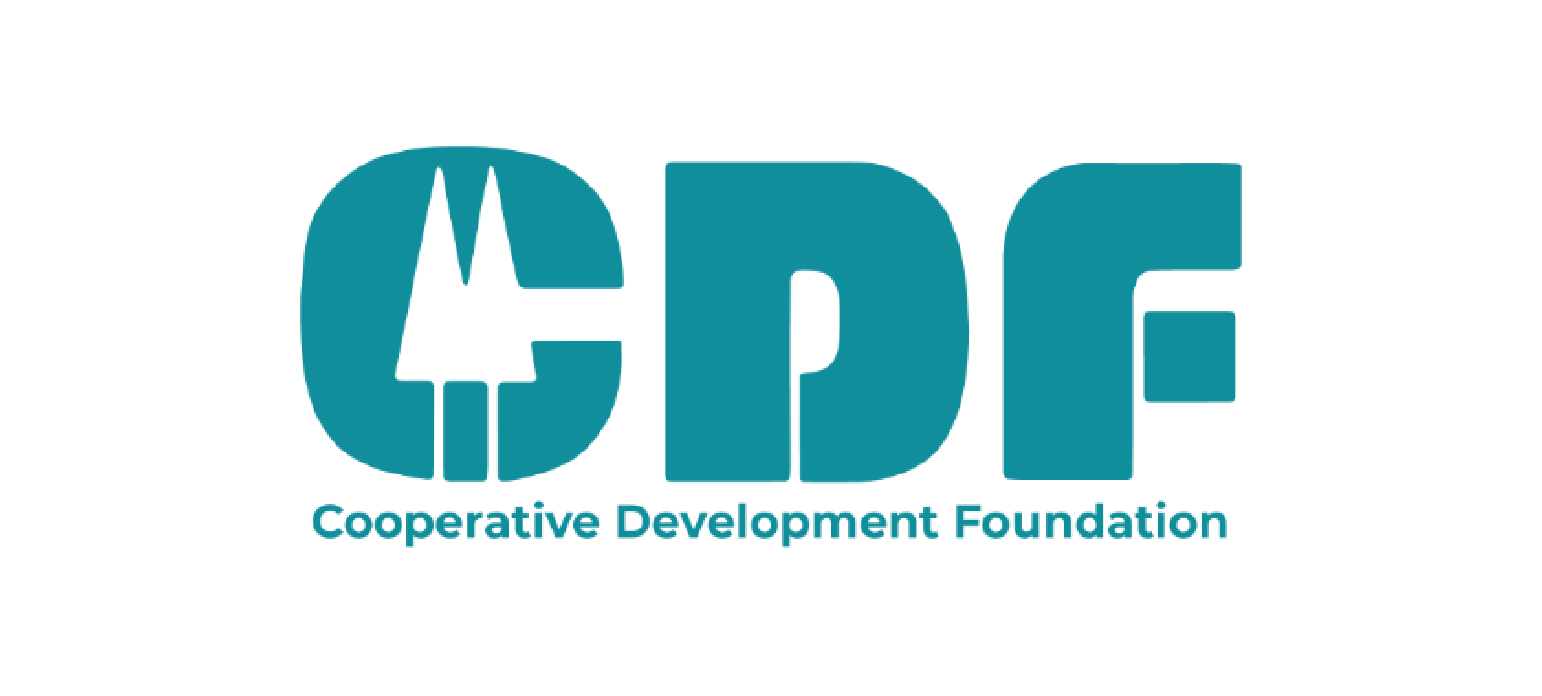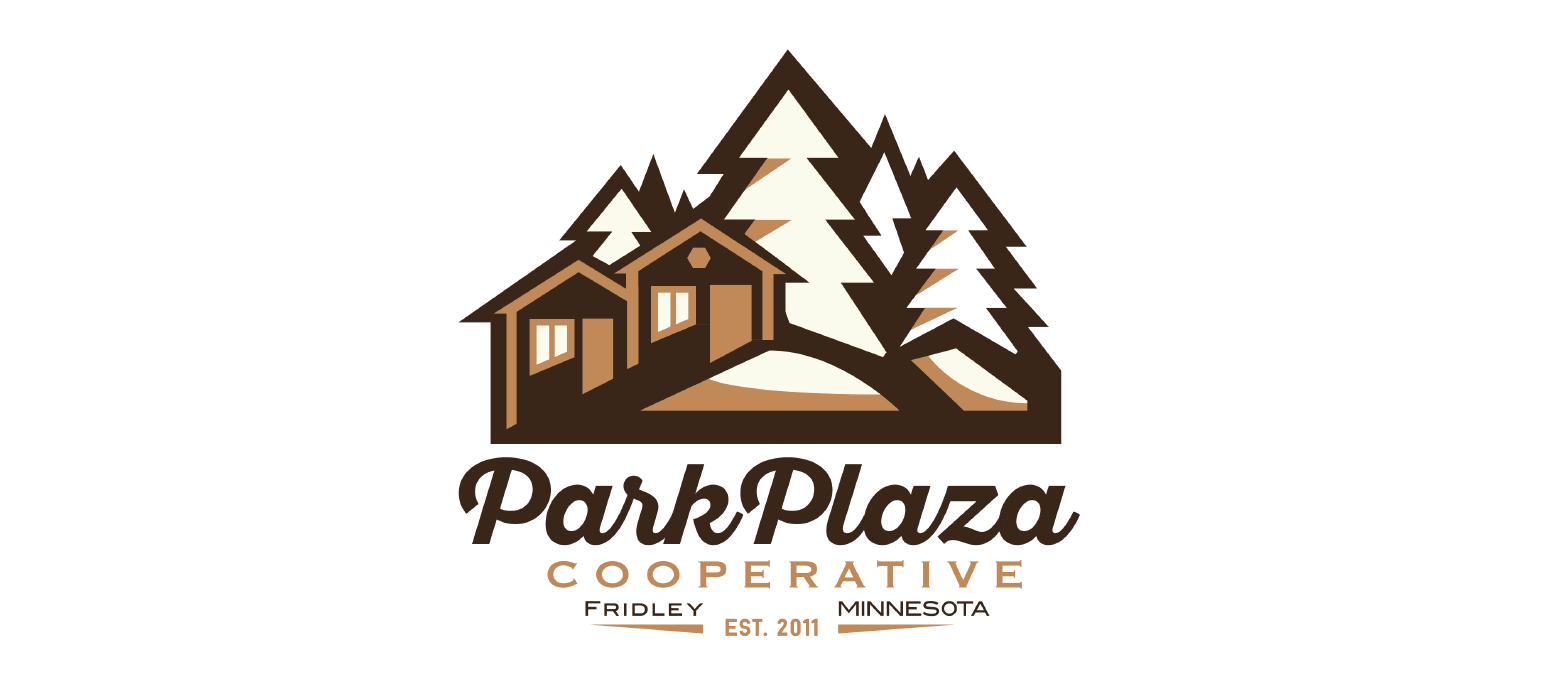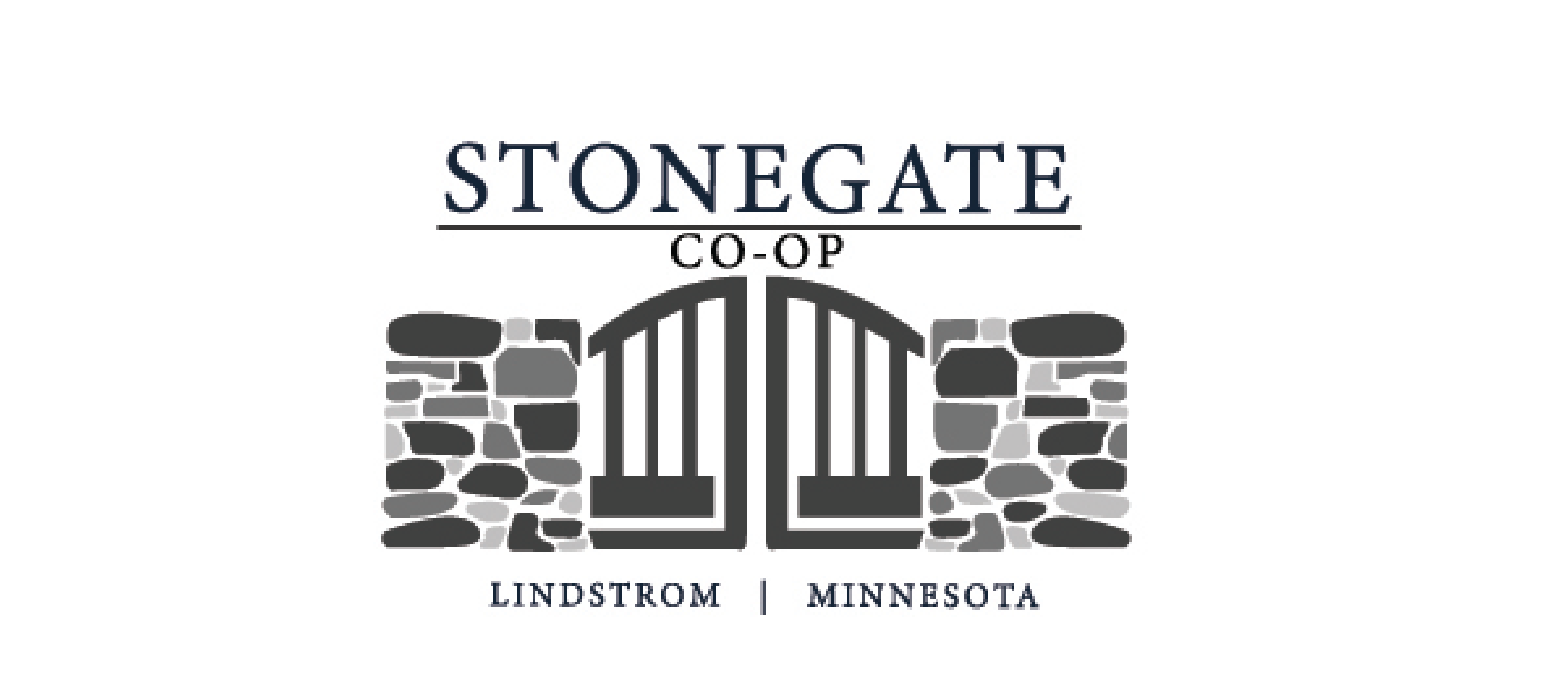The staff at Northcountry Cooperative Foundation (NCF) continues to expand! We are happy to welcome Ellery Wealot to the team.
Madelia Mobile Village finishes construction, invests over $1M in their infrastructure
On December 28th, 2020 the residents of Madelia Mobile Village in Madelia, Minnesota were notified that they were the recipients of a $700,000 grant from Minnesota Housing’s Manufactured Housing Community Redevelopment Program to complete the much needed renovation of two water and sewer lines within their community.
Residents reunite at Common Ground Conference / Tierra Compartida Conferencia 2022
Each year Northcountry Cooperative Foundation brings together leaders from resident owned manufactured home communities across Minnesota and Wisconsin for an exciting educational event called Common Ground. It is an essential opportunity for residents to connect, network, and learn together in a shared community.
NCF receives Technical Assistance Award from CDFI Fund
NCF welcomes two new hires for Outreach & Education and Technical Assistance
NCF partners with TSP Architects, develops storm shelter designs for manufactured home cooperatives
Improving energy efficiency of manufactured homes with support from CERTs Seed Grant
NCF is pleased to announce that we are the recipients of the Clean Energy Resource Teams (CERTs) Seed grants for the Metro, Northwest, Southeast and Southwest regions of Minnesota.
NCF will use the grant to improve the energy efficiency of manufactured homes within the resident owned communities we support and develop a tailored rehab loan product that homeowners can use to complete home rehab projects.
Another "Virtual" Success for NCF's 2021 Common Ground Conference
We at Northcountry Cooperative Foundation are happy to report that Common Ground 2021 was another “virtual” success. Every year, NCF hosts a conference for leaders of resident owned communities (ROCs) across Minnesota and Wisconsin about perineal issues facing ROCs. This year, Common Ground featured seven remote sessions over the course of two weeks that covered a myriad of topics including Board Recruitment, Conflict Resolution, Marketing on a Budget, and Emergency Preparedness.
Building off the success of last year’s conference, we had record breaking attendance with twenty attendees across seven communities within the ROC Network attending an average of four sessions each. All sessions were recorded and are featured on the NCF YouTube page.
We were also excited to once again offer community grants to attendees based on the generous donations of the thirteen sponsors of this year’s conference (see sponsor list below). Based on attendance and participation, five of the seven communities will be receiving $3,000 in grants that will focus on marketing and recruitment of new members. Grant recipients will determine how their community will spend the grant, whether it be magnets to all members to better connect with the onsite manager or yard signs for an upcoming annual meeting to boost attendance.
Next year NCF hopes to take a hybrid approach to the conference where a portion of the classes will be remote in addition to an in-person event that will focus on networking and community development. Looking forward to 2022 and beyond!
2021 Common Ground Conference Sponsors: TSP Architects Engineering Planning, Southwest Initiative Foundation, ROC USA, Ralph K. Morris Foundation, First Alliance Credit Union, Cooperative Development Foundation, Haylor, Freyer & Coon Inc., Midwest Minnesota Community Development Corporation, Minnesota Housing Partnership, Adams, Rizzi & Sween PA, Common Properties Management Cooperative, Cooperative Development Bank, Homes of Harmony
Addressing the stigma of manufactured housing
Author: Emily Stewart
Recently, a national publication published an article titled “What happens when investment firms acquire trailer parks?” While the article does a good job outlining the increasing interest by investment firms in buying manufactured home communities, it was amazing to me that still, in 2021, a national publication is using terms like ‘trailer parks’ and ‘mobile-homes.’ As Marjory Gilsrud, President of Madelia Mobile Village in Madelia, MN, stated in our interview last week - “They don’t hook up behind a truck. They are not trailers. They are our homes, manufactured homes.”
So how are communities addressing the misconceptions of manufactured housing? And perhaps more importantly, what are home owners saying about their experience living in manufactured homes? This article will attempt to answer both questions – using the words of three community members across Minnesota and Wisconsin.
by La Citta Vita is licensed under CC BY-SA 2.0, creativecommons.org
Peggy Claflin, onsite manager at Pammel Creek Estates in La Crosse, WI, first started living in manufactured homes back in Texas. Living on a ranch in a double unit home, she said she fell in love with the experience and didn’t see anything negative about it. It wasn’t until she moved back to Wisconsin to take care of her aging parents that she began to see a shift in people’s attitude. “You see it in the way that people react to you. When you tell people that you live in a manufactured home community, they take a step back and sometimes abruptly end conversations,” Claflin says, disheartened by those interactions.
Gilsrud’s experience in manufactured housing was a little different. She moved into her first manufactured home thirteen years ago. But Gilsrud was not unfamiliar with manufactured housing – as her step dad had owned a manufactured home community in Eagle Lake when she was younger. Her and her husband’s first home was actually in the very same community her step dad had once owned but had long sold and now was in the hands of an out of state investor. Upon arrival, she was surprised because there was no sense of community, the lot rent had more than tripled, and residents themselves were disparaging of their homes and referred to them as trailers. That prompted her to find Madelia Mobile Village which, at that point, had converted to being a resident owned community. Her experience changed dramatically. She had found what she was looking for –rent was stable, homes were affordable, and there was a distinct sense of community.
From Five Lakes Cooperative in Fairmont, MN, Janelle Schomberg grew up from the age of 13 in manufactured homes. She has fond memories of her experience; saying it was “a smaller community, where people didn’t judge you and everyone was on equal ground.” It wasn’t until she got a bit older when she experienced her peers say things like “trailer trash,” and such. While it bothered her when she was younger, Schomberg states “I’m older now, and I don’t let that stuff bug me.” Now living at Five Lakes, she loves that it’s a quieter community and that she has a beautiful view at the end of long road. “I see deer, wild turkey. It’s almost country where I’m at. It’s beautiful.”
It’s clear from Claflin, Gilsrud and Schomberg’s accounts that there is a vast amount of people -both within and outside of manufactured home communities- that don’t appreciate all the benefits of living in manufactured home communities. Schomberg believes that it’s a great opportunity for seniors to live independently at an affordable rate. In Claflin’s experience, it provides a lot of versatility in making a home your own. She says she gets frustrated by people who judge houses by their age because so many residents continually update their homes and they can be just as good as newer homes on the market. Gilsrud says the best part of living in manufactured homes is “that it is mine and that its paid for. And because it is in a resident owned community, the fear factor is gone.”
When it comes to addressing the misconceptions of manufactured housing, there is a still a long way to go. It takes a village to ensure that the tide continues to turn. In Madelia, Gilsrud says she tries to address things one person at a time, encouraging people to take pride in their home because if you are ashamed of where you live, “are you not ultimately judging yourself?”
